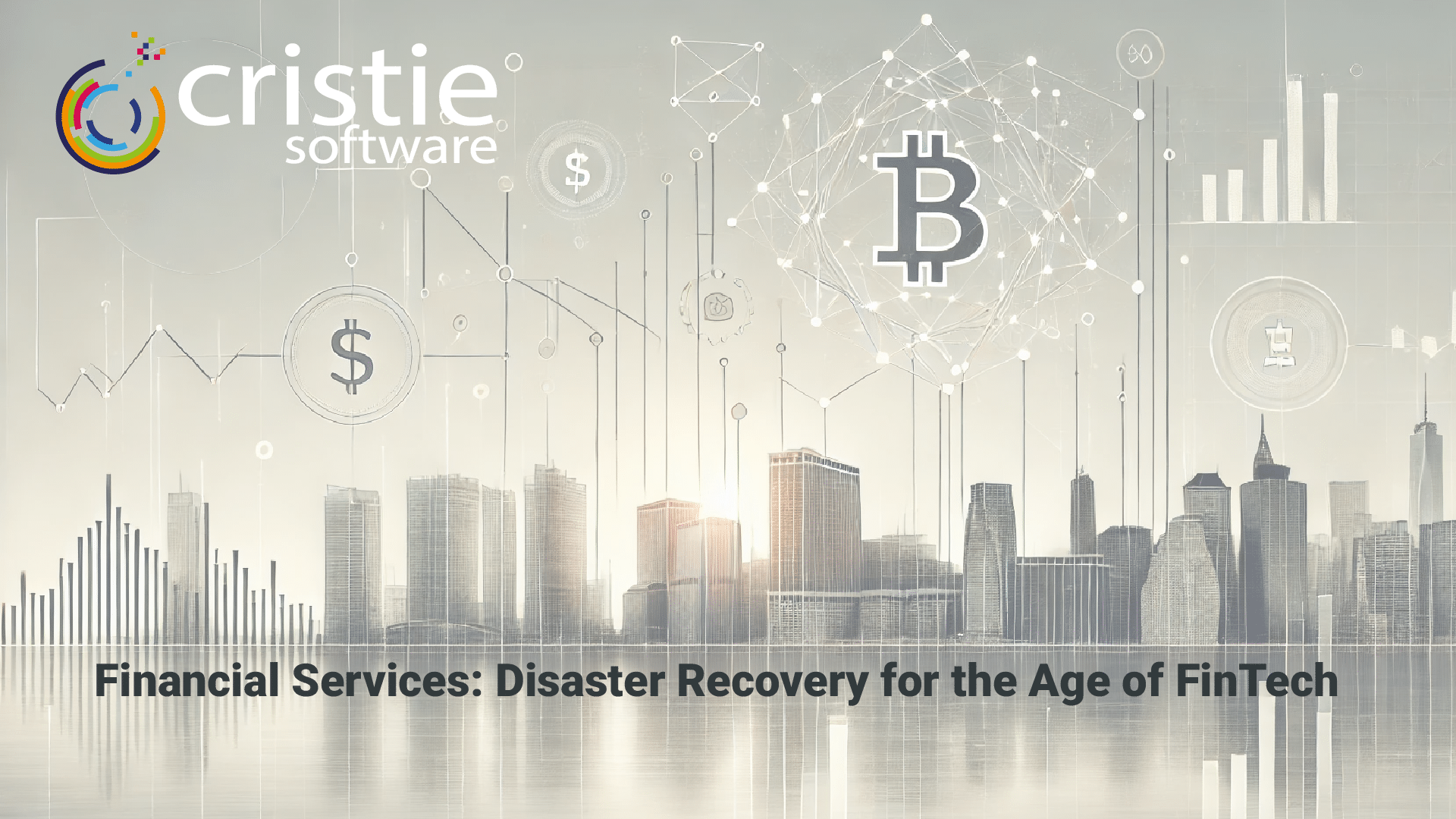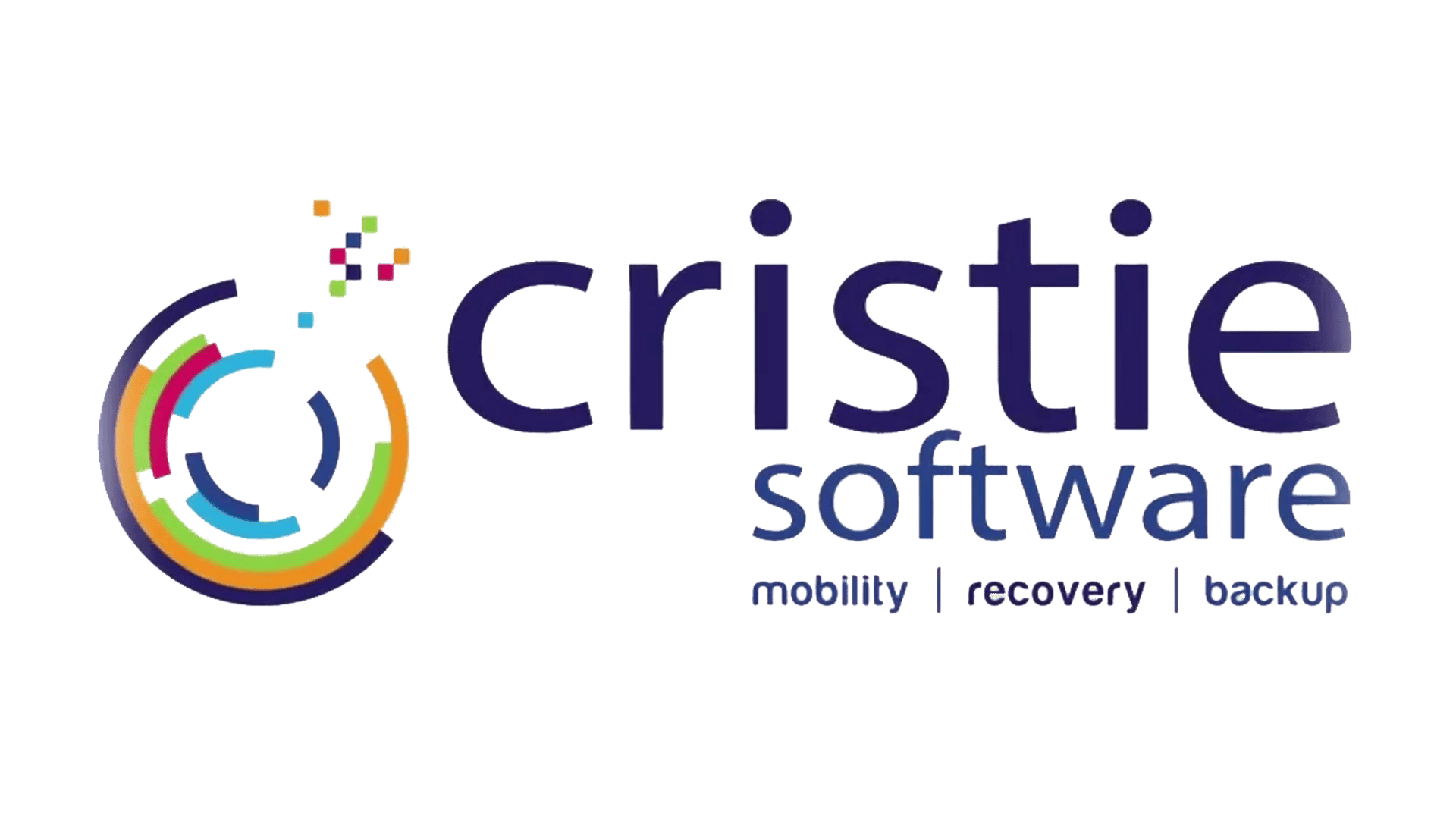This website uses cookies so that we can provide you with the best user experience possible. Cookie information is stored in your browser and performs functions such as recognising you when you return to our website and helping our team to understand which sections of the website you find most interesting and useful.
Privacy Overview
Strictly Necessary Cookies
Strictly Necessary Cookie should be enabled at all times so that we can save your preferences for cookie settings.
If you disable this cookie, we will not be able to save your preferences. This means that every time you visit this website you will need to enable or disable cookies again.
3rd Party Cookies
This website uses Google Analytics to collect anonymous information such as the number of visitors to the site, and the most popular pages.
Keeping this cookie enabled helps us to improve our website.
This website uses the following additional cookies:
- Leadlander
We would like to follow up Business visitors who visited our website. To do this, the company address of the Business visitor is derived from the IP address by LeadLander. We use this information and the products they viewed on our website for marketing and sales purposes. - Reddit
To understand which posts on Reddit, bring customers to our website. - Whoisvisiting
To understand what our customers are interested in when visiting our website.
Please enable Strictly Necessary Cookies first so that we can save your preferences!




